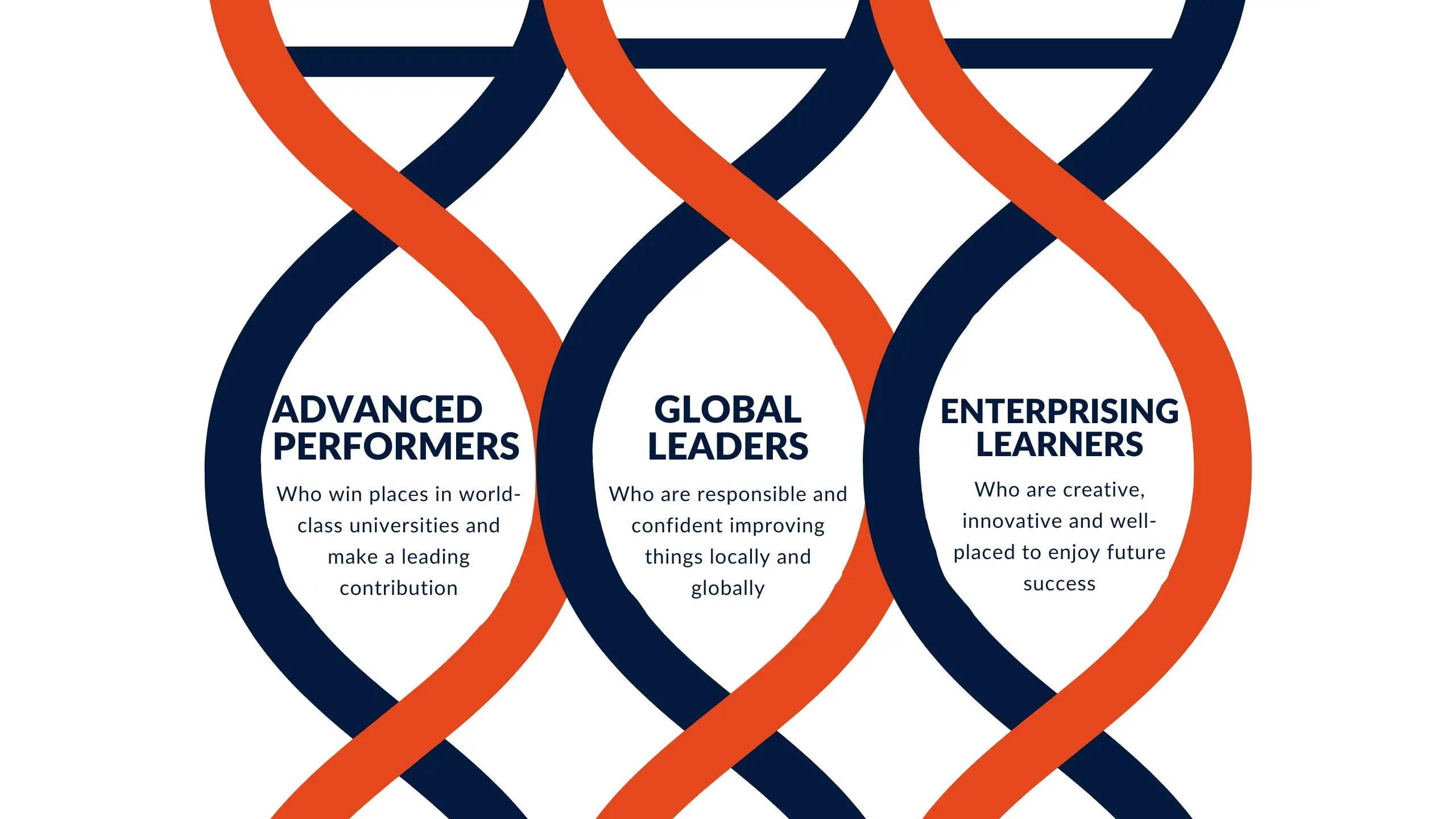 |
St Swithun’s is accredited as a High Performance Learning World-Class School and is a member of the Fellowship and Global Community of High Performance Learning Schools. |
We believe that all our students can be high performers and we teach with these expectations in mind:
- High achievement is an attainable target for everyone
- Intelligence is not fixed; we can all get smarter
- High performers are made, not born; they work for it
We never tell our students that they cannot achieve; we teach them how to practise and persevere so that they can achieve.
High Performance Learning at St Swithun’s creates self-assured young people, who are kind and caring, astute problem-solvers and strategic thinkers.
| WHAT IS HIGH PERFORMANCE LEARNING? |
|---|
|
High Performance Learning (HPL) is a philosophy and framework developed from years of research, from across cognitive psychology, education and neuroscience, into how young people learn. It reflects what is known about advanced thinking skills and learning behaviours that help us to build better brains. Research in neuroscience shows that there is not a fixed level of cognitive ability amongst young learners, and that the brain is more malleable than was once thought. At St Swithun’s we promote a style of teaching and learning that removes barriers to achievement by giving young people the tools they need to develop intelligence across all disciplines and aspects of life, in their own time.
|
| HPL IN ACTION |
|
We teach our students the ways of thinking and behaving that will equip them for success both in school and beyond. People might ask how you get good at maths, for example. It is not true that some people are ‘naturally’ good at maths. Some students have worked harder already; some have enjoyed it more, some have practised more than others. We teach our students to be good at maths by working, thinking, asking questions, practising. This way, they improve their understanding, speed and accuracy. We emphasise the importance of not always getting things right; if you’re not making mistakes, the chances are that you’re not learning. |
| WHY IS HIGH PERFORMANCE LEARNING IMPORTANT AND RELEVANT? |
|
The future is uncertain and unpredictable. We prepare students to be confident, community-minded, resilient problem-solvers, ready to tackle, and flourish in, that uncertain and unknown future; and to leave St Swithun’s with excellent examination results. |
Register your interest

Admissions
Our friendly admissions team is here to guide you through each step from your initial enquiry to final enrollment. For more information on the admissions pathway visit our admissions page.




